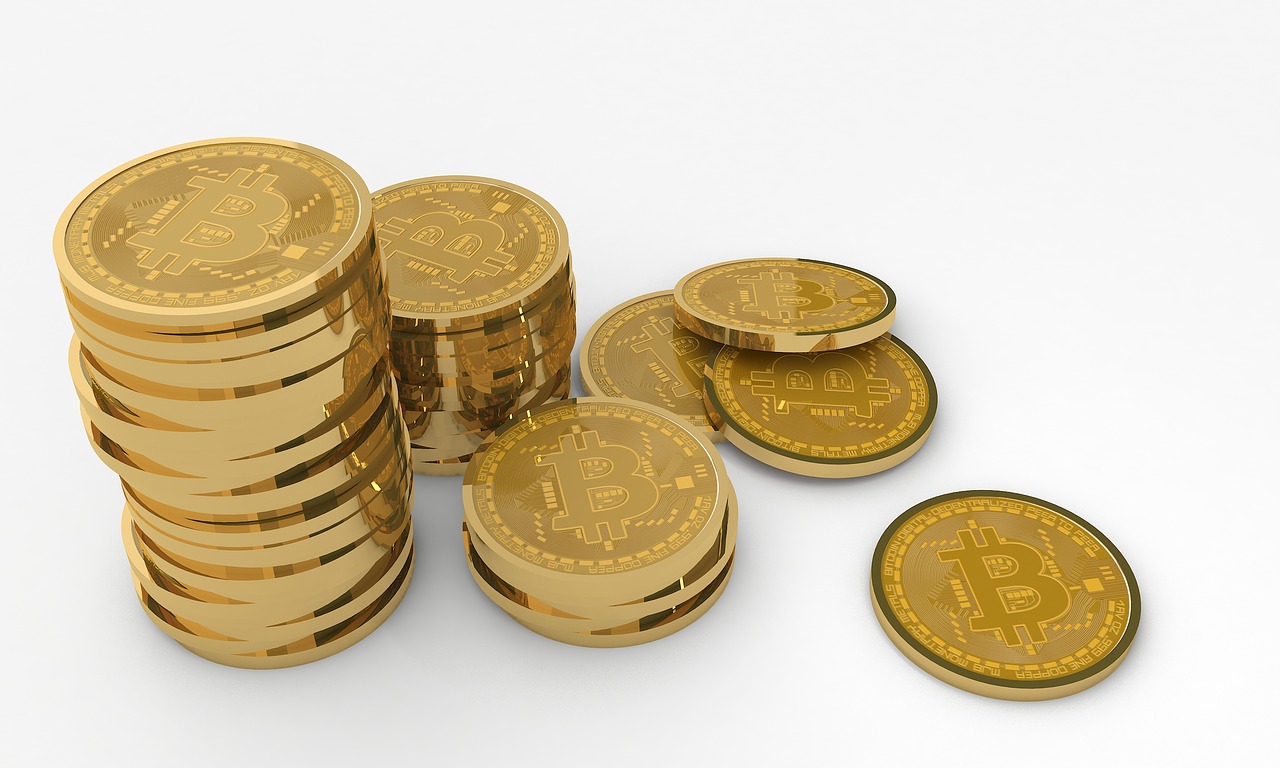Bitcoin is a digital asset and a payment system invented by Satoshi Nakamoto. Transactions are verified by network nodes through cryptography and recorded in a public dispersed ledger called a blockchain. Bitcoin is unique in that there are a finite number of them: 21 million.
Bitcoins are created as a reward for a process known as mining. They can be exchanged for other currencies, products, and services. As of February 2015, over 100,000 merchants and vendors accepted bitcoin as payment. Further, you can visit meta-profit.net if you are interested in bitcoin investment.
How does Bitcoin Mining work?
Mining is how new Bitcoin is added to the money supply. Miners are rewarded with transaction fees and newly created bitcoins. As mining becomes more difficult, it requires more computation power and energy consumption. Miners are rewarded based on their share of work done, rather than their share of the total number of blocks mined.
What is a Bitcoin Wallet?
A Bitcoin wallet is a software program where bitcoins are stored. To be technically accurate, Bitcoins are not stored anywhere; there is a private key (secret number) for every Bitcoin address that is saved in the Bitcoin wallet of the person who owns the balance. Bitcoin wallets facilitate sending and receiving bitcoins and give ownership of the Bitcoin balance to the user. The Bitcoin wallet comes in many forms; desktop, mobile, web, and hardware are the four main types of wallets.
What is a BlockChain?
A blockchain is a transaction database shared by all nodes participating in a system based on the Bitcoin protocol. A full copy of a blockchain contains every transaction ever executed in the system. Bitcoin nodes use the blockchain to differentiate legitimate Bitcoin transactions from attempts to re-spend coins that have already been spent elsewhere.
What is a Bitcoin Address?
A Bitcoin address is a unique identifier assigned to a user for receiving bitcoin payments. Addresses can be generated at no cost by any user of Bitcoin. Addresses can also be printed on paper, but doing so is not recommended as it makes it easy for others to steal your bitcoins. Bitcoin addresses are case-sensitive and must be properly formatted.
What is a Bitcoin Transaction?
A Bitcoin transaction is a signed piece of data that is broadcast to the network and verified by recipients. Transactions are usually processed by miners in the order they are received, so it’s best to combine multiple transactions into one to maximize your chances of getting confirmed quickly.
Bitcoin transactions are irreversible and immune to fraudulent chargebacks. Once a transaction has been verified and added to a block on the blockchain, it is essentially final. For this reason, it is important to keep your private keys safe and secure.
Bitcoin is a digital asset and a payment system invented by Satoshi Nakamoto. Transactions are verified by network nodes through cryptography and recorded in a public dispersed ledger called a blockchain. Bitcoin is unique in that there are a finite number of them: 21 million.
Bitcoins are created as a reward for a process known as mining. They can be exchanged for other currencies, products, and services. As of February 2015, over 100,000 merchants and vendors accepted bitcoin as payment.
Bitcoin is not backed by a government or central bank, nor is it insured by any financial institution. The value of bitcoins depends on supply and demand in the free market.
Bitcoins are created digitally through a process called “mining.” Miners are rewarded with bitcoins for verifying and committing transactions to the blockchain. Bitcoin miners are important to the network because they secure the currency by verifying and committing transactions.
Conclusion
Mining is how new bitcoins are created. Miners are rewarded with bitcoins for verifying and committing transactions to the blockchain. Transactions are verified by network nodes through cryptography and recorded in a public dispersed ledger called a blockchain. As of February 2015, over 100,000 merchants and vendors accepted bitcoin as payment.
Bitcoin is unique in that there are a finite number of them: 21 million. The value of bitcoins depends on supply and demand in the free market. Bitcoins can be exchanged for other currencies, products, and services. As of February 2015, over 100,000 merchants and vendors accepted bitcoin as payment.
Bitcoins are not backed by a government or central bank, nor are they insured by any financial institution. Bitcoin is a digital asset and a payment system invented by Satoshi Nakamoto. Transactions are verified by network nodes through cryptography and recorded in a public dispersed ledger called a blockchain.



 Bitcoin
Bitcoin  Ethereum
Ethereum  Tether
Tether  XRP
XRP  Solana
Solana  USDC
USDC  TRON
TRON  Cardano
Cardano  Lido Staked Ether
Lido Staked Ether  Avalanche
Avalanche  Toncoin
Toncoin